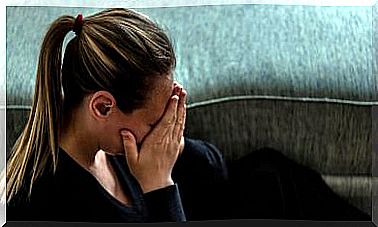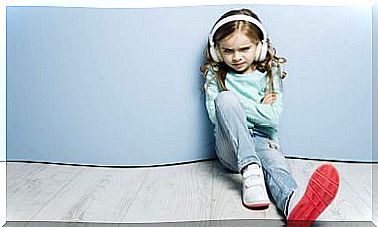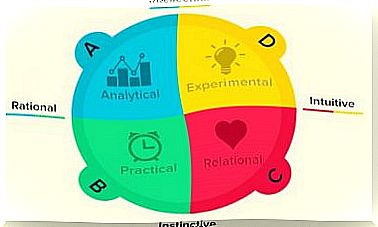Realistic Expectations Can Help Us Be Happier

Applying more realistic expectations is far from being pessimistic. It implies making use of a more open approach in which, even taking into account any possibility, one focuses on the best taking into account one’s abilities and circumstances. It is to place oneself on an intermediate horizon in which to aspire to the best, but without sinning grandiloquence, without deriving into the impossible.
It is true that the vast majority of us will agree with this reasoning. However, the truth is that 99% of people unconsciously build unrealistic expectations. In the mind we build different futuribles on how we would like our work, relationships, projects to be… And, let’s face it, those houses of cards are very ambitious.
Realizing the unsustainability of many of those ideas is a mental health principle. This will help us, among other things, to stop waiting for others to be and act as we want. Also to outline a clearer future before which to prepare ourselves in capacities, resources and motivations to achieve more realistic goals, but still rewarding.
Let’s understand how to achieve this psychological approach that, without a doubt, will mediate a little more in our happiness.

Keys to building realistic expectations
Doctors David de Meza from the London School of Economics and Chris Dawson from the University of Bath conducted an interesting study between 1991 and 2009. The objective was none other than to understand the impact of expectations on the population.
To do this, they followed 1601 people in the United Kingdom to find out how their lives had passed in that period of time in different areas, such as finances, work and relationships, and what kind of influence personal expectations could have on them.
The first aspect they could see is that there is no use being pessimistic or optimistic about the future if you use unrealistic expectations. Thinking that tomorrow is going to be “very bad” or telling ourselves that “fate is going to give me everything I want” does not affect happiness or well-being.
The pessimist, for example, will prepare for the worst without knowing that this state of mind causes stress, anxiety and the inability to appreciate the positive things that may be happening around him. In fact, in this study it was shown that they suffered 37.2% more from psychological distress.
On the other hand, the optimist who applies unrealistic expectations (or what Jean Piaget defined in his day as magical thinking) what he ends up experiencing is progressive frustration. However, in the midst of the pessimist and the naive positive, lies that tighter position of those who make use of realistic expectations. Let’s understand why this mental focus, and not another, is related to happiness.
Being realistic is not being pessimistic: it is having a coping plan
Often, when we say that a person is realistic, the first thing we think of is that he tends to that cold objectivity in which he is also integrated, certain doses of negativism. It is not true.
- Those who use realistic expectations are aware of their current situation, possibilities and resources. Part of it to define plans before which, be prepared whatever happens.
- It takes into account both the good opportunities that may arise as well as the adversities that may occur. The realistic profile always has a coping plan.
I do not aspire to perfection, I hope to always do my best
One way to win in mental health and even happiness is not to aspire to perfection. Waiting for everything that happens, that we do or that we achieve to conform to our ideals of absolute perfection is a form of suffering.
- The best thing in terms of expectations is to focus them above all on ourselves. “I hope to do the best I can, I am aware of my current resources and possibilities and, within them, I will try to do my best.”
- On the other hand, and with regard to realistic expectations, it is advisable not to place all our happiness on someone else’s shoulders. Sometimes, we expect everything from our partner, our children and family and when we see that certain things do not happen as we expect, we end up despairing. It is not the right thing to do. Let’s free ourselves from that focus.

Realistic expectations: life is not always how you want it but it can be wonderful
Much of our false expectations stem from a sense of lack and lack of self-knowledge. “I long for what I do not have, what I lack and I would like to achieve, but in reality, I am not aware of my current possibilities, of what I have and what surrounds me.” The desire to achieve what we dream of is often based on quicksand and not solid pillars.
I cannot dream of an exceptional job if I do not have training, nor of having the house of my dreams if right now, all I do is sit on the sofa making castles in the air. Wishing is not enough, we must act by becoming aware of ourselves and what surrounds us.
Realistic expectations take into account all the options, the good and the bad. Likewise, it focuses especially on those aspects over which one does have control and not so much on what escapes our hands. On the other hand, it is assumed and understood that many times life does not go as one wishes.
However, despite difficulties, twists of fate, and even adversity, one can take advantage of many things and be happy. It’s all a matter of perspective, of attitudes, and the more realistic we are, the more we will gain in mental health.









